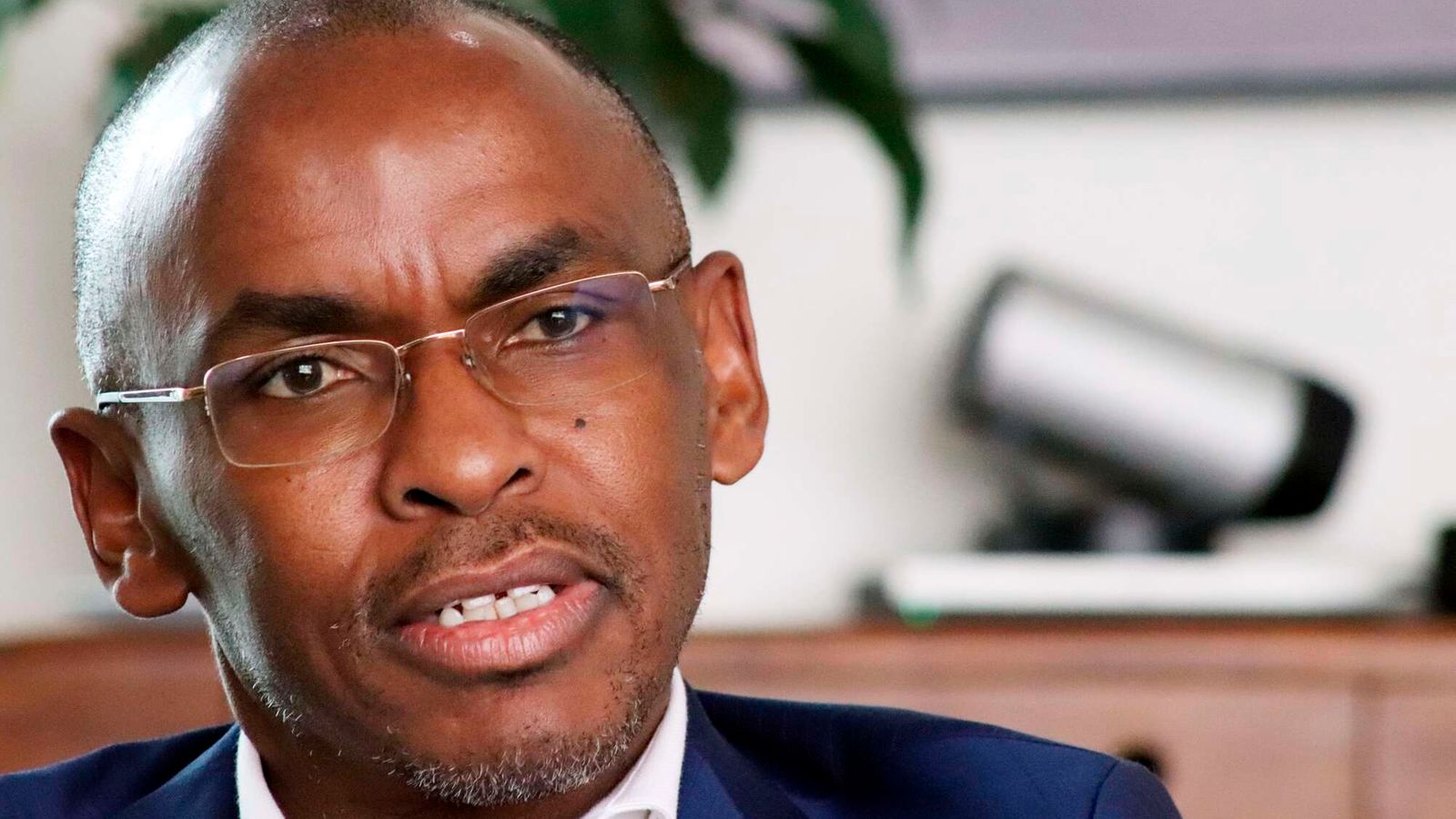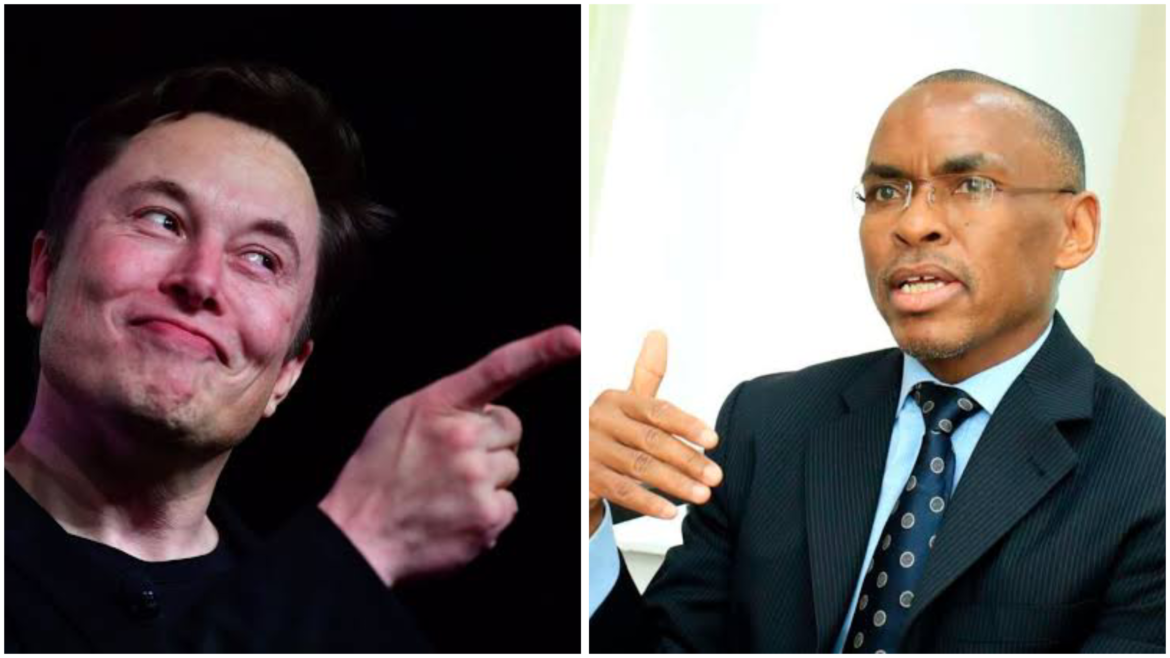Safaricom PLC, the leading telecommunications giant in Kenya and East Africa, may be facing its most significant challenge yet as Elon Musk’s Starlink Satellite prepares to enter the mobile subscription market.
Starlink’s latest announcement, detailing plans to launch services that rival Safaricom’s calls, SMS, and data offerings, has sparked widespread anticipation and concern within the industry.
According to a recent report, Starlink plans to deploy advanced Evolved Node B (eNodeB) modems onboard its satellites, effectively creating cellphone towers in space.

Safaricom CEO Peter Ndegwa. Photo: Safaricom (X)
This technology will enable seamless network integration, allowing users with 4G LTE-compatible devices to access text, voice, and data services without needing extra equipment.
The service promises to work “wherever you can see the sky,” potentially providing widespread coverage across Kenya.
For years, Safaricom has been under fire from consumers over what many describe as exorbitant fees on internet bundles, airtime, and SMS, coupled with inconsistent service quality.
The company has long enjoyed a near-monopoly in the Kenyan market, but Starlink’s impending entry is being hailed as a potential game-changer.
Many Kenyans see Starlink as a “blessing in disguise,” offering a long-awaited alternative that could break Safaricom’s stranglehold on the market.

Tesla billionare Elon Musk. Photo: Getty Images
As Starlink positions itself to provide more affordable and reliable services, Safaricom may find itself under increasing pressure to reassess its pricing strategies and improve service delivery.
The entry of a global player like Starlink could spark a new era of competition, forcing Safaricom to adapt or risk losing its dominant position.
In the coming days, all eyes will be on how Safaricom navigates this looming threat, which could redefine Kenya’s telecommunications landscape and finally offer consumers the choice and quality they deserve.



